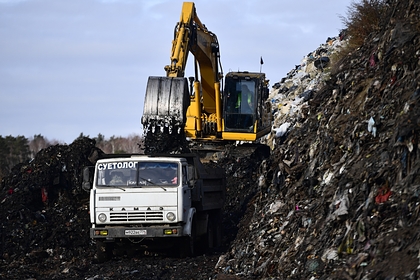Russia asked to ban the drainage of swamps and build landfills in their place 
landfills for toxic construction waste. The Institute of Water Problems of the Russian Academy of Sciences sent a letter to the Ministry of Construction with a request to prohibit the drainage of swamps and turn them into garbage dumps that are dangerous for the planet, writes Parlamentskaya Gazeta.
The government's decarbonization strategy by 2050 already includes watering of the swamps drained during the Soviet era in order to reduce the risk of fires and the level of harmful emissions. According to Yuri Medovar, an employee of the Institute of Water Problems of the Russian Academy of Sciences, the technology is simple and inexpensive – all peatlands could already be filled with water, but the implementation of the system is being delayed and more expensive projects are proposed for the sake of more funding.
However, it is more important, according to scientists, not to allow the swamps to begin to drain again in order to place landfills in their place. The current set of rules prohibits doing this, but the Ministry of Construction wants to soften the norm and allow landfills in flooded areas while developing technologies that prevent toxic substances from entering the water. Nevertheless, experts believe that the construction will disrupt the ecosystem of the swamps and deprive the area of a powerful absorber of carbon dioxide – more efficient than trees. no experiments with them. Especially during the period of extremely rapid climate change. Nature will not forgive us for this, and neither will our children, “the scientists said in a letter to the head of the Ministry of Construction Irek Fayzullin.
Previously, the ability of peat bogs to neutralize carbon dioxide emissions was proved by researchers at Tyumen State University. According to scientists, wetlands are capable of absorbing a third of terrestrial carbon for a long time, keeping it from entering the atmosphere.